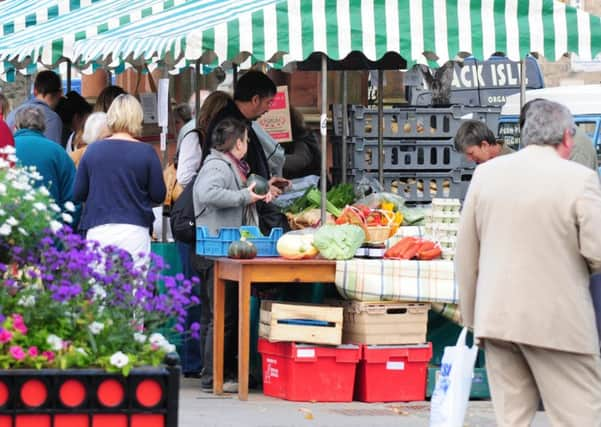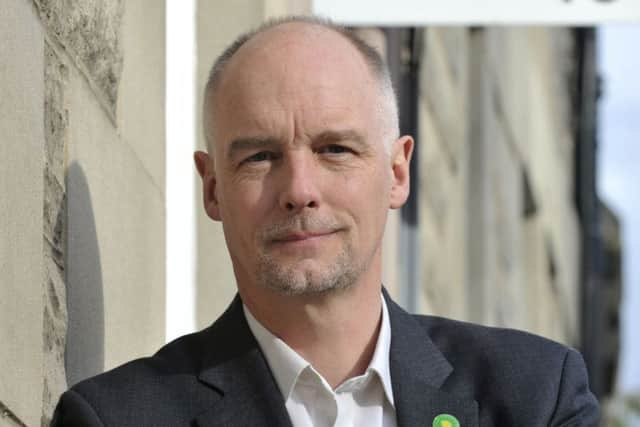Steve Burgess: Edinburgh must get on this bus or be left behind


There is some good news on the horizon. A recent council-led consultation on a vision for the city in 2050 highlighted themes like zero-carbon, zero waste, public transport, green space and ease of walking. The emerging city region deal, which should be confirmed next month, has the potential to make some of that vision real.
But perhaps there is a problem in the label “low carbon”. It makes it sound like a problem of chemistry, the solution to which is an engineering one. Where is it talking about people and where are the benefits for the places we live in?
Advertisement
Hide AdAdvertisement
Hide AdSo the real task is to show that “low carbon” is not really about carbon at all; it is about the kind of cities which are better to live in; thrive economically and cope best with an increasingly uncertain future. Cities either get on the low carbon bus or they get left behind.


What does that mean for Edinburgh then?
One of the speakers next week is from the Swedish city of Vaxjo, proclaimed as Europe’s greenest city, largely as result of its transformation of energy supply and distribution. In Sweden, district heating is normal and here in Edinburgh a proposal for the old brewery sites at Fountainbridge could halve pollution and halve residents’ fuel bills. So too at the Waterfront and Leith and at the Bioquarter and Niddrie. Low carbon: tackle fuel poverty.
Vaxjo is a small city, more the size of Paisley than Edinburgh. But size is not a barrier. In Copenhagen, famously, almost half of the population cycles to work. The good news is that more cycle-able, more walk-able cities allow small business and local high streets to revive. Low carbon: healthier people, healthier businesses.
One of the biggest sources of complaint for Edinburgh residents is bin collections. Missed collections or overflowing bins make people feel their street is neglected.


Advertisement
Hide AdAdvertisement
Hide AdIn the short term, practical action is needed to improve collections but it is not a problem that can be solved simply by more bins and more trucks collecting those bins. Radical approaches are needed, like the ambition of US city San Francisco to be zero-waste by 2020, taking on the manufacturers and retailers who produce so much unnecessary packaging. Low carbon: cleaner, safer streets.
I could go on. Low carbon also means playing on our local food strengths: carrots from East Lothian rather than Kent. Low carbon: more jobs. It also means reversing the decades-long tide of centralisation of services – everything from post offices to doctors to police. Low carbon cities mean more facilities on your doorstep.
And let’s not lose sight of Edinburgh’s natural advantages. Those hills which make cycling and walking a little more forbidding than Dutch or Danish cities are also home to wonderful green spaces: woods, rivers, wild plants and animals. They make Edinburgh one of the most attractive cities in the world and we lose them at our peril.
Edinburgh is a great city, by any estimation. Its only future, the only future for any city, is a green one. That is better for the people who live here and the places we live in.
Steve Burgess is Green councillor for Southside-Newington.